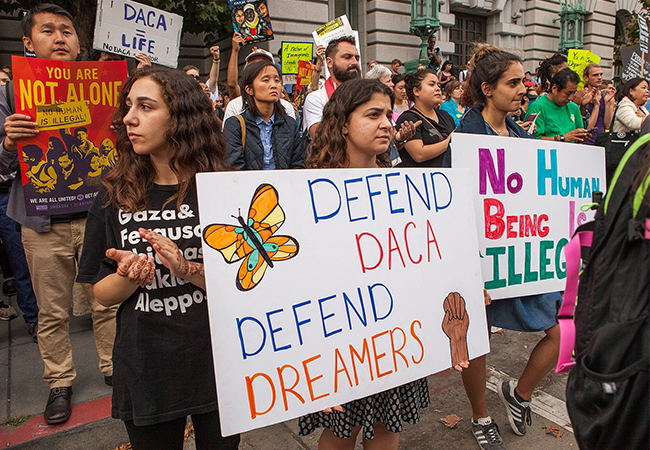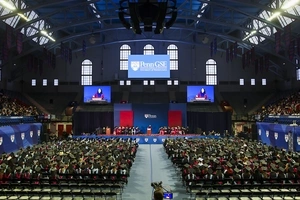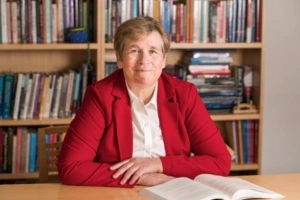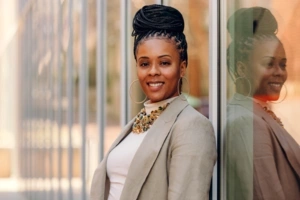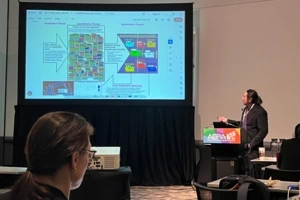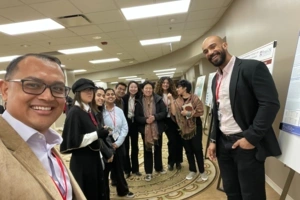In the decade since President Barack Obama initiated the Deferred Action for Childhood Arrivals (DACA) program, which protected undocumented young adults from deportation, studies and anecdotal evidence show that many people enrolled in the program have achieved professional, educational, and financial success.
First implemented in 2012, DACA allowed hundreds of thousands of undocumented individuals who were brought to the U.S. as children to apply for work and educational opportunities without fear of deportation. In an interview with NBC News, Penn GSE's Roberto Gonzales spoke of "young people taking advantage of a policy to find on-ramps to education, job-level programs and certificates." Many have been able "to get their foot in the door in jobs and careers as stepping stones to really launch themselves."
Through the program, many DACA recipients attended college, acquired job training, built careers, and helped support their extended families, creating success stories across their communities. One story goes like this: Before enrolling in DACA in 2015, Alma Benito worked in the fields with her parents. After being accepted into the program, she attended California State University and now works for the TODEC Legal Center, a Latino legal advocacy group.
Gonzales told NBC News that DACA is “indisputably the most successful policy of immigrant integration since the 1980s — it is really the American Dream put into reality at a scale of hundreds of thousands.”
As part of his work, Gonzales has followed 500 DACA recipients for the last 10 years and has extensively studied thousands of other young undocumented individuals. He is also the author of a widely read book on the issue, Lives in Limbo: Undocumented and Coming of Age in America, which is based on a 12-year study of 150 undocumented young adults living in Los Angeles. A follow-up project is currently in the works.
While DACA advocates highlight the program's many successes, they’re also fighting to keep it alive. In the years since its creation, Congress has not passed reform that would make DACA a permanent law, and the Trump administration suspended new applications to the program. Several court cases have challenged DACA’s legality and new applications have been frozen. That means young adults who weren’t previously admitted to the program, or who are only becoming eligible right now, cannot apply.
“Ultimately, as great as this policy is, it’s by nature temporary and partial and not meant to be longstanding policy,” Gonzales said. “Many programs tied to DACA status, if it’s ultimately revoked, they go away.”
That means there are hundreds of thousands of undocumented young adults in precarious situations. While Alma Benito was able to attend a university, her younger sister, now eligible for DACA, has been unable to apply and is still working alongside her parents in the fields.
“What does it mean to have hundreds of thousands in perpetual limbo submitting documents and paying fees to submit their status and continue to prove they're worthy Americans?” Gonzales said. “They’ve proven it in ways no one else has had to.”
Gonzales, the Richard Perry University Professor, has a dual appointment in Penn GSE and the Department of Sociology. He also holds a prestigious Penn Integrates Knowledge (PIK) professorship, making him part of a group of accomplished professors with positions in two or more of Penn’s 12 schools. These experts share their interdisciplinary knowledge and research across the Penn community. Gonzales is also the founding director of the new Penn Migration Initiative, a university-wide effort to promote interdisciplinary scholarship and intellectual exchange on immigration policy and communities.
See more from Gonzales in the media:
